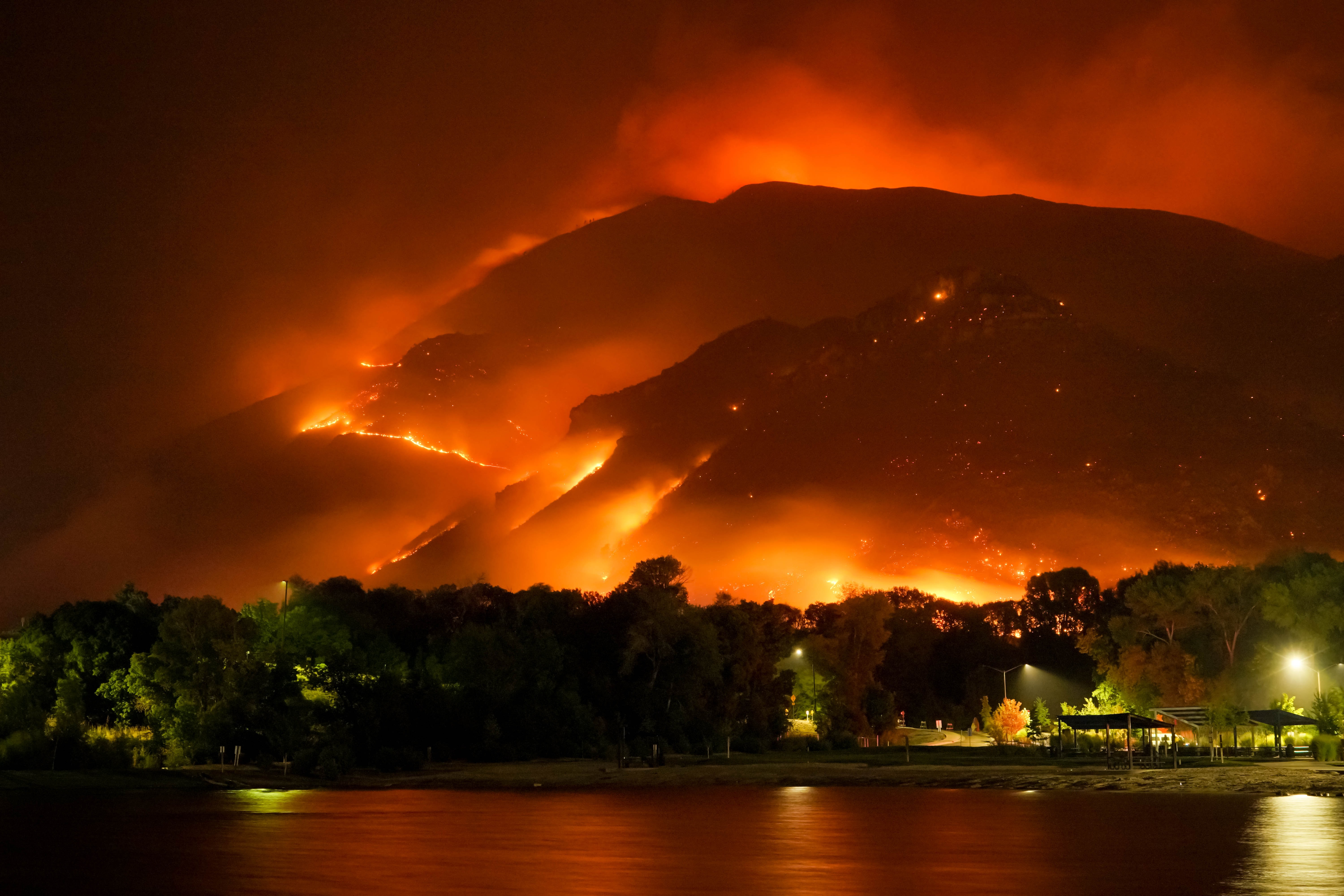
By Howie Goldfinger, CEO, Ecorite
A larger and larger proportion of the news headlines these days, whether print, television or radio today are devoted to climate-related troubles; a scan of yesterday’s news includes floods in China, where we depend on a large percentage of our imports, fires and drought in Europe on an unprecedented scale, and the town of Lytton, BC, which was burned to the ground in a wildfire last year, is suffering yet again with another fire in very close proximity, which has already destroyed several homes.
More must be done. Government action on an international scale is required, but with so little having been done and so much more destroyed since the first Earth Day over 52 years ago, it’s also clear that the cavalry (in the form of unified global action) isn’t coming -at least for now. Any minute progress that has been made in the form of climate action is showing signs of coming undone, as the world forages for fossil fuels in the face of a war in Ukraine.
In his short (just 200 pages) book called A Short History of Progress (ISBN 0-88784-706-4, October 2004), Canadian author Ronald Wright takes us through the rise and fall of the great civilizations of our time – Babylonia, Egypt, China, Easter Island, Rome, and the Mayans, among the highlights, and clearly illustrates that the demise of many of these was caused by poor resource management or their inability to cope with their waste. “Many of the great ruins that grace the deserts and jungles of the earth are monuments to progress traps, the headstones of civilizations which fell victim to their own success. In the fates of such societies – once mighty, complex, and brilliant – lie the most instructive lessons…they are fallen airliners whose black boxes can tell us what went wrong.” (Ronald Wright, A Short History of Progress – p.8)
As it has been said, ‘each time history repeats itself, the price goes up.” In the absence of comprehensive government policy that adequately addresses our resource consumption and waste management, it is up to each of us to get recycling right and use more sustainable products. The US generated 40.1 million tons of plastic waste in 2021, and only about 5% of it is recycled. It’s time to fix this. More on this subject in the next installment. There are some examples of places where they are getting recycling right.
Photo Credit – Mike Newbry
